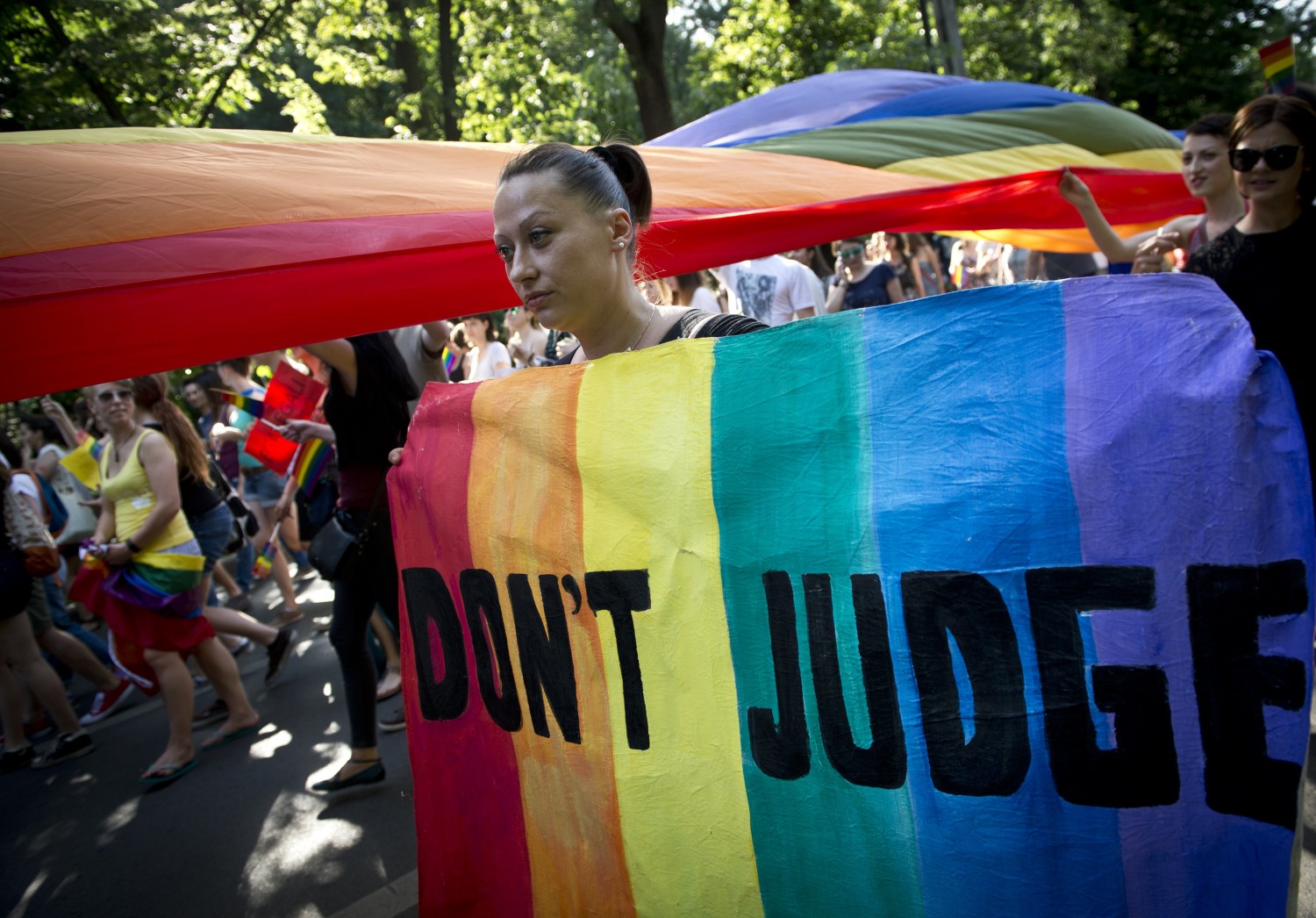Romanian referendum could rule out legalisation of same-sex marriage

Romania has potentially moved towards ruling out the legalisation of equal marriage as its top court has opened the door to a referendum to redefine marriage.
The Constitutional Court’s nine judges on Wednesday ruled that a proposal signed by three million Romanians was valid, which could lead to a referendum on defining marriage as only between one man and one woman.

Romanian law dictates that a proposal from at least 500,000 people must be debated by Parliament, and can lead to a nationwide referendum.
Earlier this year it came to light that a quarter of Romania’s population, around three million people, want to ban same-sex marriage through the proposal by The Coalition for Family and circulated around the country and in churches.
Same-sex marriage faces strong opposition in the country, although the constitution only defines family starting “on the basis of freely consenting marriage between spouses”.
Under the proposal, marriage would be defined as between one man and one woman, and it could rule out the country legalising equal marriage at a later date.
Currently, Romania, like many other countries in Eastern Europe, does not recognise same-sex marriage or civil unions between LGBT couples.
The groups behind the petition enlisted thousands of volunteers to collect the signatures. The volunteers knocked on doors, placed advertising in public squares and on TV, and put sign-up sheets in churches.
To pass the movement the group will have to jump through a few hoops first. A majority vote in parliament and a national referendum are still needed.
But human rights advocates are worried that these things are all achievable and that the group will be able to ban same-sex marriage.
The Romanian Orthodox Church announced its plans to ban same-sex marriage in January. Over 85% of Romanian’s belong to this church and a previous poll found that a third of Romanians believed gays should be punished.
Just before equal marriage was legalised in England and Wales, a survey by YouGov showed that over a third of people were opposed to changing the law. While 54% of people supported it, 37% weren’t.

